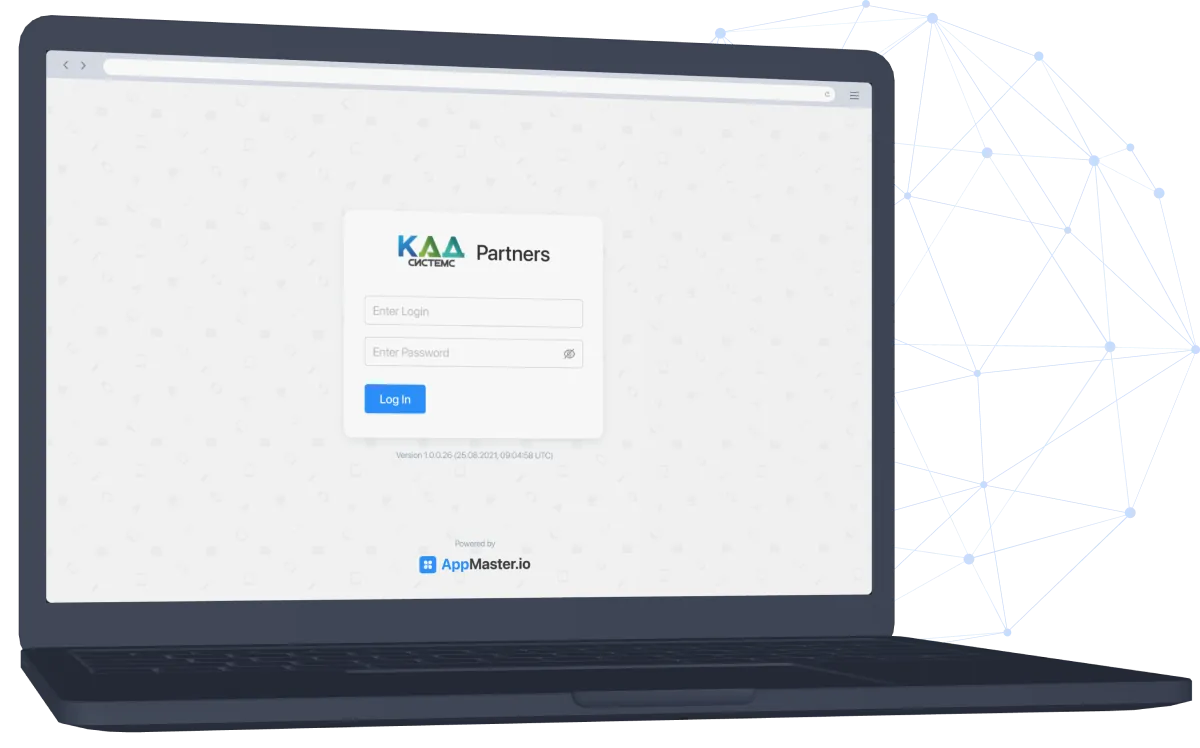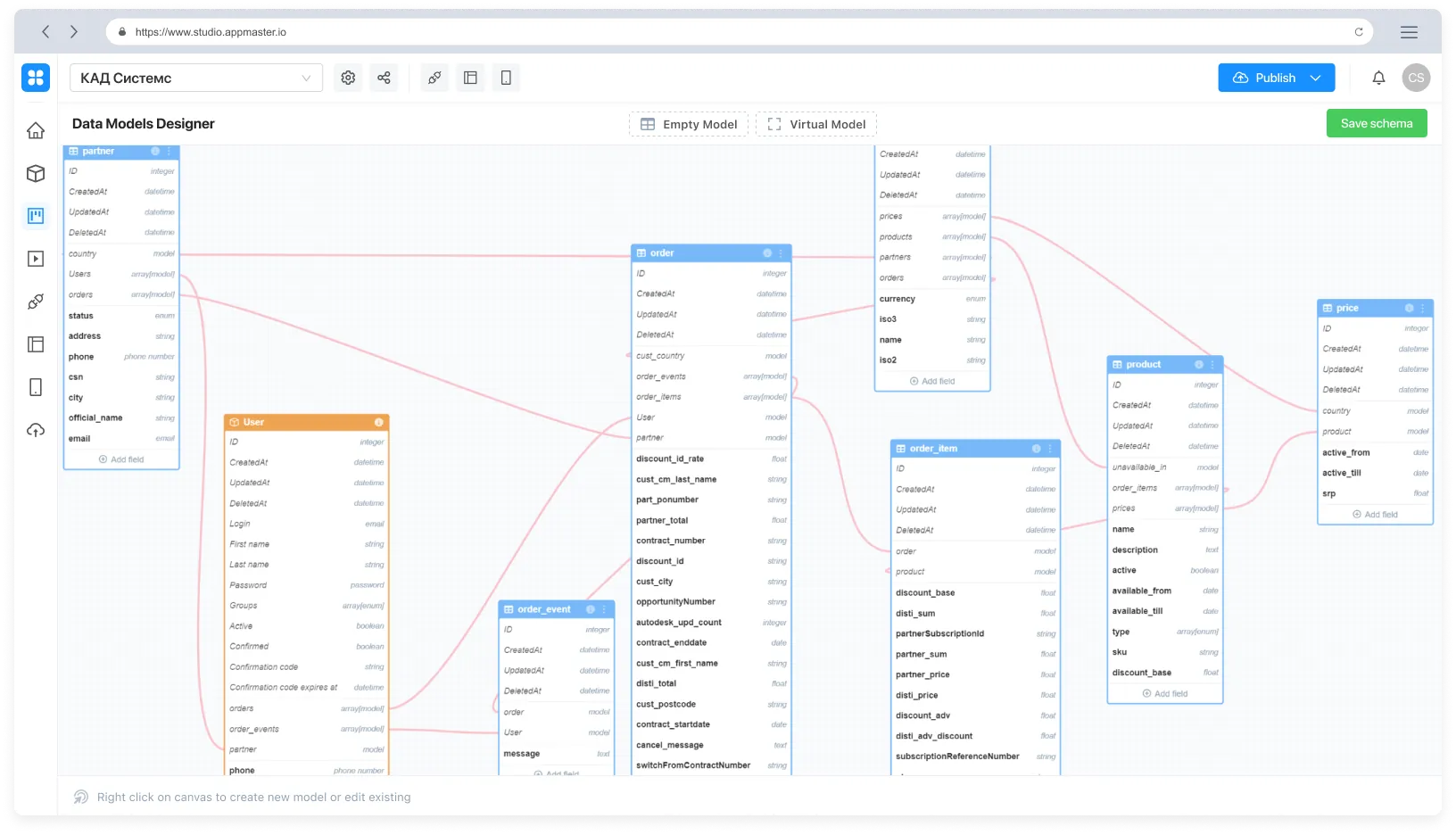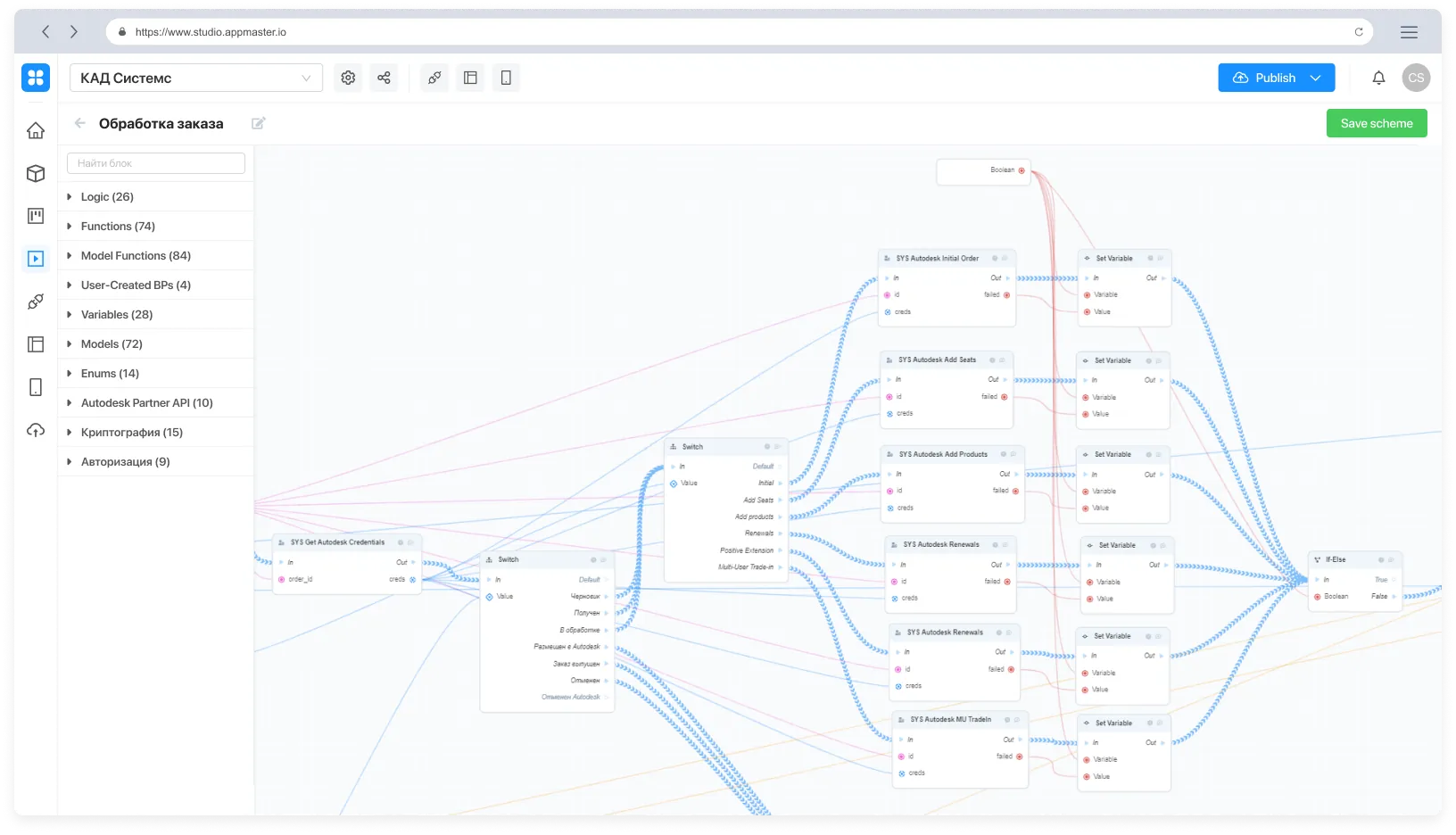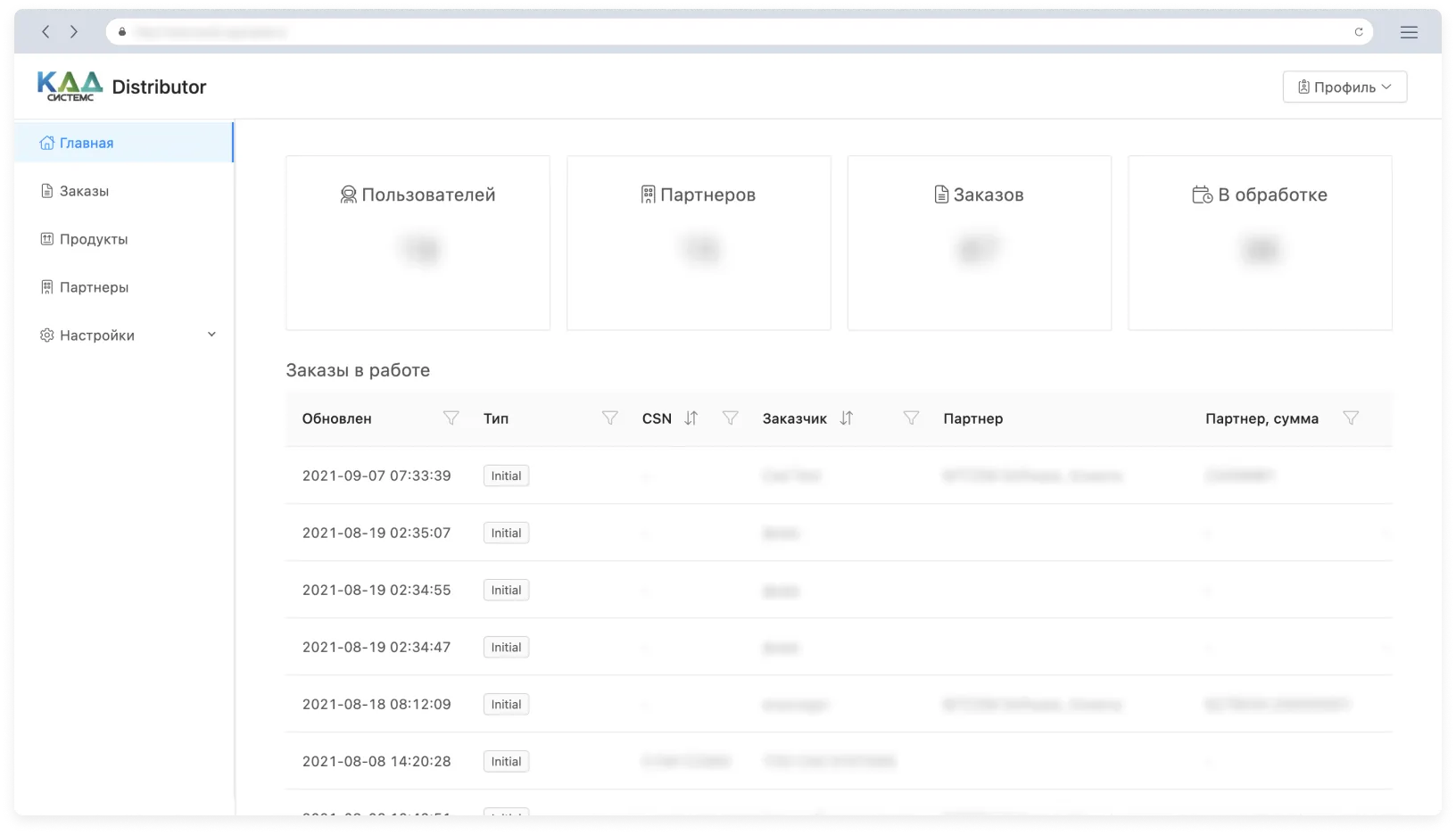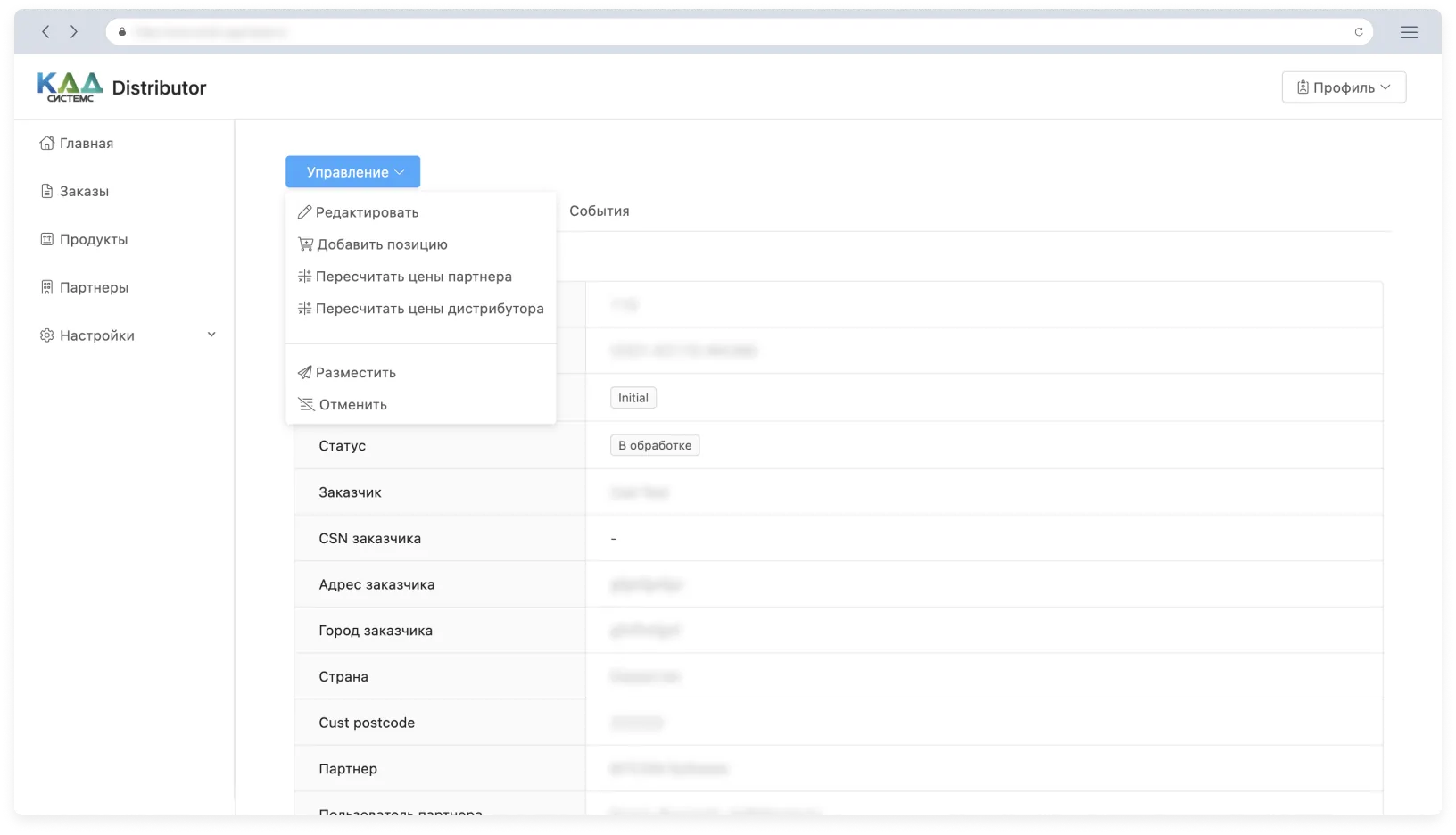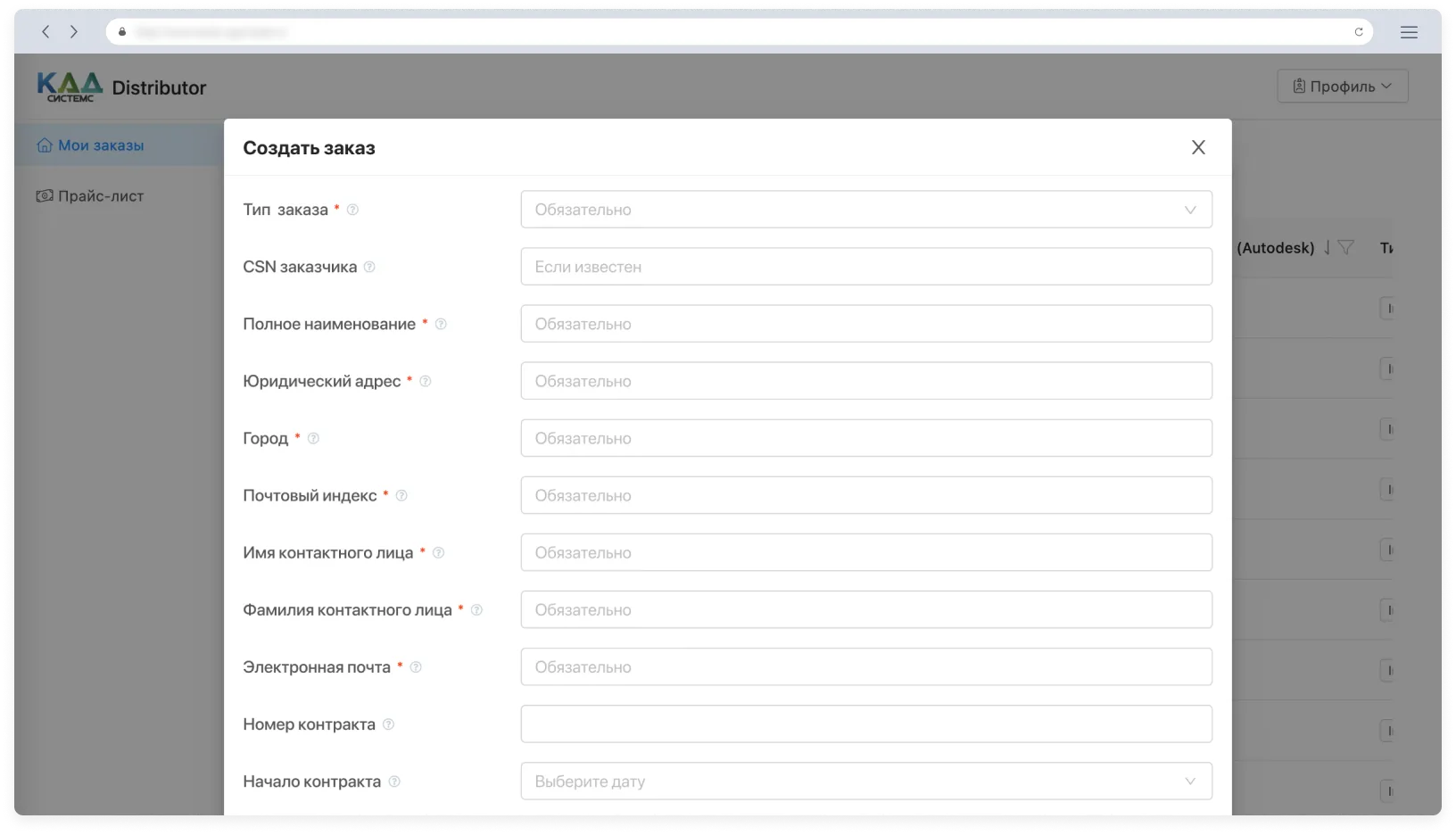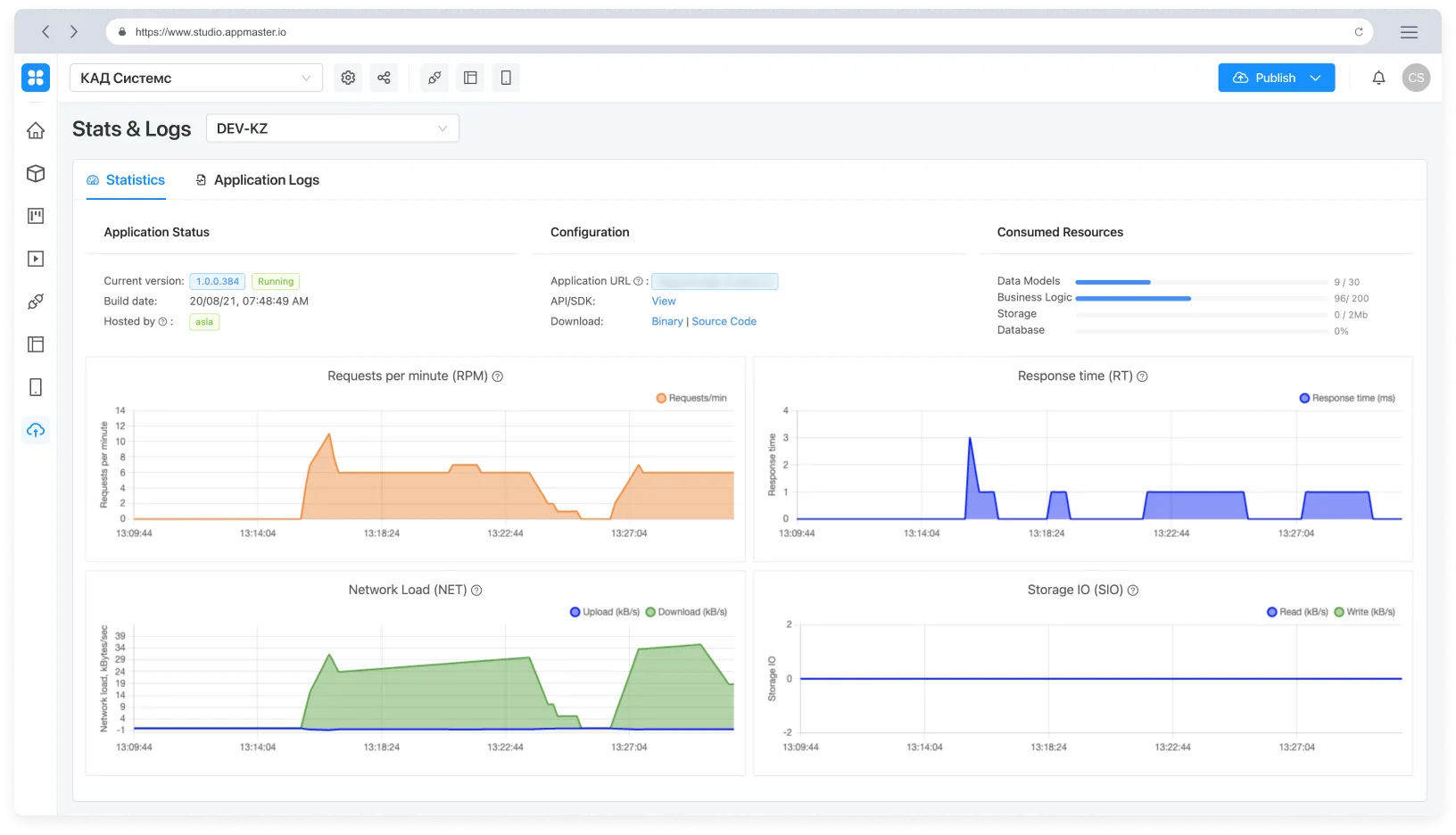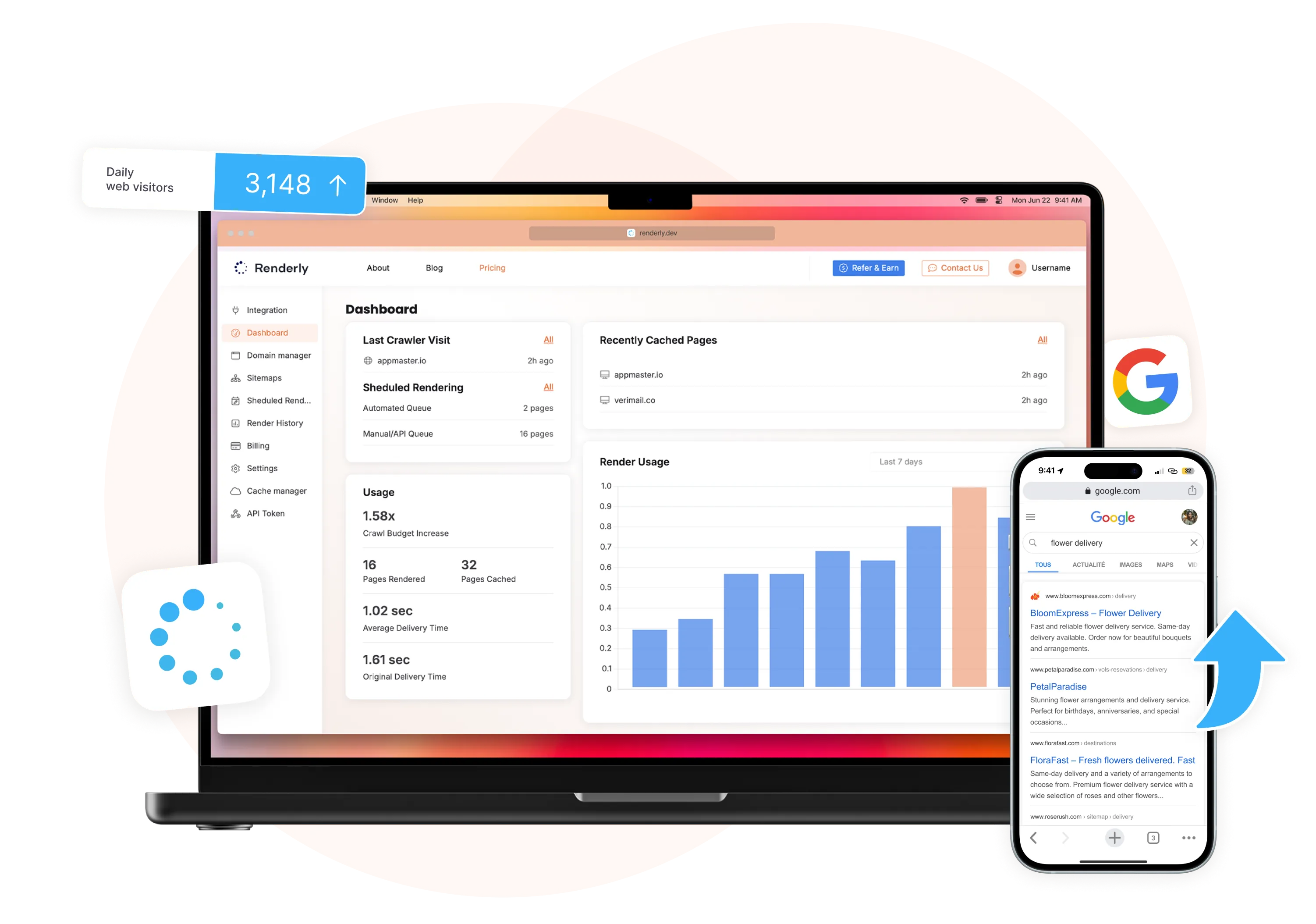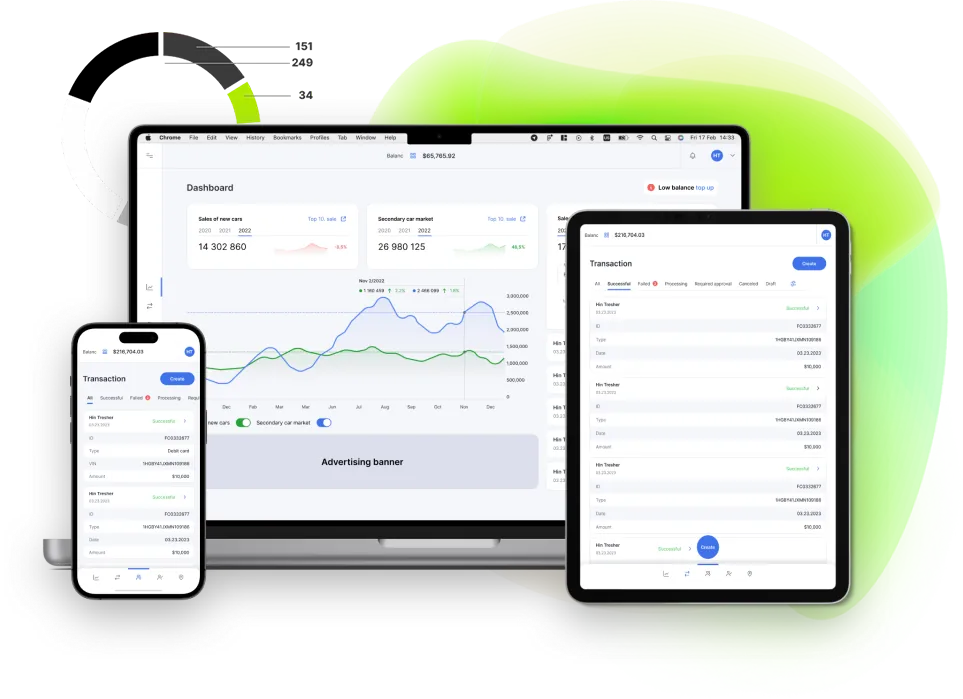About CAD Systems
CAD Systems has been a regional distributor of Autodesk Inc software solutions in Central Asia for the last 15 years. By internal measures, the company covers more than 75% of sales and implementations of СAD solutions in Kazakhstan, Kyrgyzstan, Tajikistan, and Uzbekistan.
CAD Systems works with more than 50 partners in these regions and handles more than 1,000 orders every year.
Problem: launching an ordering system
The company has been growing rapidly during the last few years, and the increasing amount of orders has been putting pressure on the relatively small team. The orders were manually received from partners and processed by hand by employees. Anton, the company’s CEO, was worried that this workflow was not sustainable and was looking for ways to reduce the load on the staff.
Additionally, he wanted to introduce a new verification process for each order to ensure that workers don’t accidentally send out an order to Autodesk or activate a license before a set date. The order would have to be created by an employee and then approved by a manager.
We wanted to make sure that we minimize the errors in our system, both human and technical, and that the process is streamlined to save our workers’ time.
At the beginning of 2021, CAD Systems started building an automated order management system to improve partner services and streamline their work with Autodesk. Anton planned to hire several developers to carry out the project using traditional software development tools and techniques. However, after the project planning stage, Anton was presented with two central problems that put the development stage at risk.
#1 Budget
The company had a limited budget set for the development and would need multiple traditional software developers to carry out the project. The cost problem was accentuated in the post-Covid environment.
At the project start, we knew that we would need many developers and a decent budget to cover their cost. We were looking for ways to cut down our expenditures, to continue the project development.
#2 Timing
The development would have to be carried out fast to satisfy client demands and not put the company’s profit at risk. TOO CAD Systems knew that waiting multiple months to see the first results would not be an option.
AThe order management system requires flexibility and the ability to handle a large number of different business cases. To implement such complex functionality, it would require a solid couple of months to make at least the MVP.
Solution: business process automation on AppMaster.io
Database Design
The team has started with database design. On the platform, they have created multiple tables representing orders, order items, products, and other relevant information, such as countries, prices, and events. They have also created a table for storing information about partners that would later log into the platform and create the orders. Using the visual designer, they have connected these tables with relationships (one-to-one and one-to-many). They have also assigned a data type for each of the fields.
The database engine on AppMaster.io uses PostgreSQL 13, which means that CAD Systems can upload it to any PostgreSQL-compatible cloud, such as AWS or Azure.
Business Logic
The team has then created more than 40 custom business processes, representing different scenarios in their business logic. For example, they have developed processes to validate incoming data from their partners, calculate prices and discounts for products, and store new orders in the database.
CAD Systems has asked AppMaster.io developers to create a new integration with Autodesk API, which was promptly developed. They were then able to connect the Autodesk module and start using the API in just a few clicks.
They have also encapsulated several commonly used operations, such as consulting the Autodesk API to update client information or activate a new license, into separate business processes (commonly called “code refactoring by abstraction” in software development). They then were able to use these operations as blocks in other business processes, without having to re-create all the functions each time.
Web Dashboard
As for the frontend, the team needed to develop 2 web applications: one for the distributor (CAD Systems themselves), and another for their partners.
The distributor portal contained a dashboard with all the main metrics, such as the total number of orders and partners, and a table with orders being processed. Several more pages were created: viewing all orders, managing products, prices, and countries, and also a page for administering partners’ access to the system.
The team has also created a page for viewing all the details of an order. They have connected several buttons to their custom business process for editing the order, adding a new order item, updating prices through the Autodesk API, and for activating the licenses.
CAD Systems has then used the Authentication module to quickly set up the partners’ dashboard. It had the functionality of showing all orders created by a partner, creating new orders, and updating the price list.
The team has also defined two user roles in the Authentication module: administrators and standard users, restricting certain functions (through endpoints’ middleware in API settings) to only specified personnel.
Deployment
CAD Systems has then created 2 deployment plans on the AppMaster.io cloud: one for development and another for production. The development plan is now used to test out new features, while the production plan is already serving more than 20 of their partners. They can monitor the performance of their application with the statistics dashboard.
Anton can also sleep tight knowing that CAD Systems remains totally independent of the AppMaster.io cloud. At any moment, the team can move the binaries to any other cloud provider or in-house servers, and they can export the source code and continue the development on their own if the need arises (the backend is generated with Go language, while the frontend is built with the Vue 2 framework).
Results: 10x cheaper and in <1 month
With the support of AppMaster.io specialists, CAD Systems completed their project and launched the solution in less than one month. The company has cut down on cost, staff, and time for this project with the help of automation, modules, and error detection features on the platform.
#1 Functionality
In the order management process, we need great flexibility to handle a large number of different business cases, which we were able to implement in a project on the AppMaster.io platform. It is also extremely easy to modify and duplicate any of them at any moment, even for non-technical employees.
#2 All-in-one
What set the AppMaster.io platform apart for us, compared to other no-code solutions, such as Integromat or Zapier, was the ability to develop everything in one place. We didn’t have to figure out how to connect different tools and fear that any of these integrations would break at some point. We also greatly valued the ability to deploy the application on our local servers, and export the source code.
#3 Within the deadline and budget
Looking at the project as a whole, it is obvious that we have reduced the development budget more than 10 times and launched the solution in record time using the AppMaster.io platform. Without this no-code platform, the development would have taken at least six months.
All in all, the CAD Systems team was able to significantly reduce the load on their employees with a new automated order management system, and not lose out on any new business opportunities in the process.
